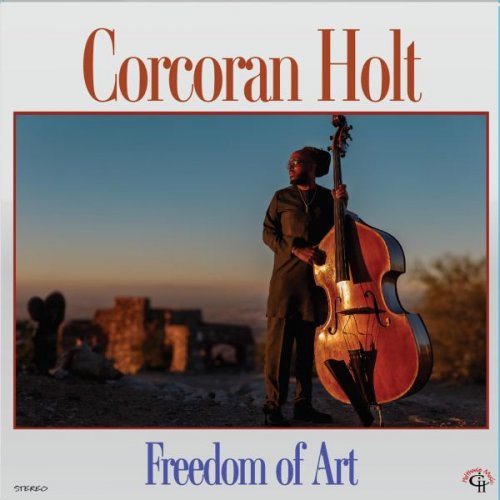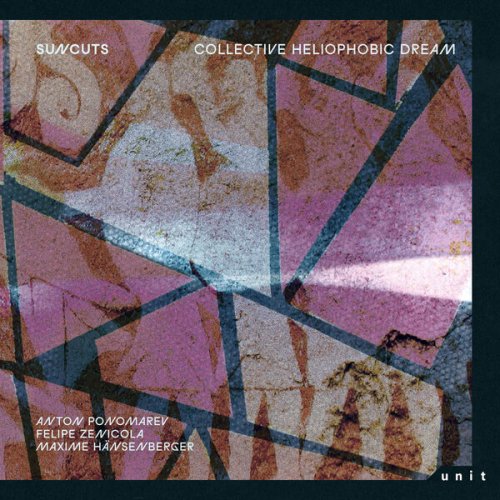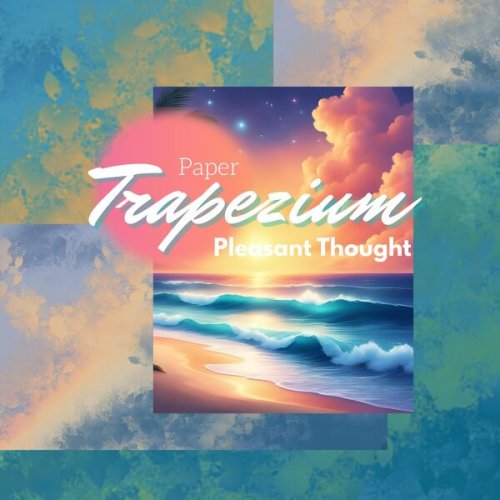Daby Balde - Le Marigot Club Dakar (2009)
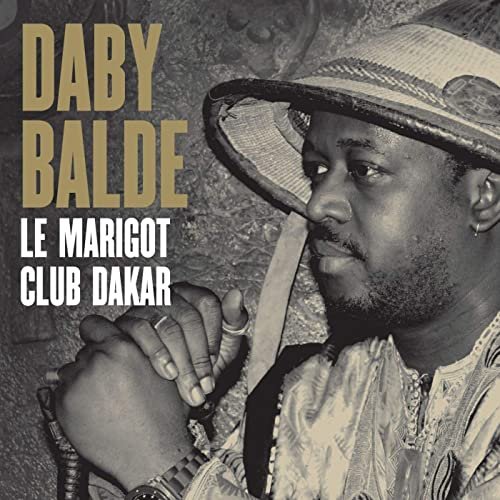
Artist: Daby Balde
Title: Le Marigot Club Dakar
Year Of Release: 2009
Label: World Music Network
Genre: World, African, Jazz
Quality: FLAC (track)
Total Time: 58:28
Total Size: 352 MB
WebSite: Album Preview
Celebrated for his talents in West Africa, Daby Balde returns with more smoothly hypnotic sounds and gently lilting rhythms. Inspired by the music he regularly performs in Le Marigot, his popular Dakar club, this album showcases his stunning compositions based in the Fula traditions from the south of Senegal, incorporating the sumptuous sounds of the West African kora, balafon and acoustic guitar.Title: Le Marigot Club Dakar
Year Of Release: 2009
Label: World Music Network
Genre: World, African, Jazz
Quality: FLAC (track)
Total Time: 58:28
Total Size: 352 MB
WebSite: Album Preview
DABY BALDE Following his highly acclaimed first album, Daby Balde returns with more haunting melodies and gently lilting rhythms on Le Marigot Club, Dakar. Long celebrated at home in Senegal for his smooth and hypnotic voice, this album features the music that Daby performs regularly in Le Marigot Club, his popular venue in Dakar. Daby's stunning compositions and arrangements are based in the Fula traditions from the south of Senegal and Le Marigot Club is one of the few places in Dakar where Fula music (as opposed to the more commonly heard mbalax) can be heard. A cultural and musical hotspot that's always full of characters and awash with energy, Daby regularly performs there to a packed-out crowd. Often bursting at the seams with good music, and a regular haunt for those in the know, this album includes a buy one drink, get one free voucher at Le Marigot Club, valid until the end of 2010. Named after the Marigot, a river which runs through Daby's home region of Kolda and on whose banks he spent his childhood, Daby opened his club with the intention of preserving his Fula musical traditions. One of his main aspirations is to keep African roots and culture alive and to teach the younger generation about their rich musical culture, and as well as performing at Le Marigot Club he also plays other venues around Senegal. Moutarou 'Daby' Balde was born on 26 April 1969 in the city of Kolda, Fouladou (an area of the Casamance region in south Senegal). Separated from the arid north of the country by the Gambia, the verdant southern region of Casamance is a world apart, culturally and musically. A lush, almost tropical area famous for its deep roots in ancestral values and customs, there is a strong Mandinka presence in the area, which has produced many of the great kora players. Daby attended the Koranic School in Kolda and, at the age of 11, often used to sing and compose folkloric songs for numerous traditions, such as circumcisions, burning the midnight oil and wrestling ceremonies. Born into a noble family, Daby encountered many family difficulties with his choice to pursue a musical career, and when he left school in 1987 he decided to go into exile. After spending six months in Guinea, he briefly returned home before going to Gambia for six years. He worked as a taxi driver and began learning the guitar with the help of an English VSO (Voluntary Services Overseas) teacher, who gave him his first guitar. Eventually, he returned home in 1994, when an audition with Kolda Regional Orchestra established him as their lead vocalist. After nine months, he travelled to Dakar and began performing regularly there and back home in Kolda. And, after performing in a large concert organized by the Belgian NGO (Non-Governmental Organization) Vredensaleiden in Senegal, he was invited to perform at Flanders Ethno festival and Draunter festival in Belgium. The release of his debut album Introducing Daby Balde in 2005 saw the growth of his international fan base and was championed by some of the bastions of the world music scene. The BBC's Charlie Gillett, for example, found the album 'astonishingly good &;hellip an endlessly satisfying experience'. Daby was invited to perform widely across the UK during the summer of 2006 and 2007 and he performed at the WOMAD, Africa Oyé, Larmer Tree and Blues On The Farm festivals, as well as at the celebrated world music venue Momo's, in London. Daby's music draws on his life experiences, his travels and his Fouladou culture, which, due to the ethnic diversity of the Casamance region and its surrounding countries (Guinea-Bissau, Guinea, Gambia), lends the music a particular rhythm (quite different to that of the Dakar sound). This album was recorded in Dakar with Daby's regular line-up and you can hear the sumptuous West African sounds of the kora, balafon, acoustic guitar and percussion alongside his sonorous voice. Daby also has a long-term plan to investigate all the historic sites of Fouladou culture, across southern Senegal, Guinea, Gambia and Guinea-Bissau, and create a documentary about it.
1.01 - Daby Balde - Yaye Boye (5:33)
1.02 - Daby Balde - Lale Kouma (4:56)
1.03 - Daby Balde - Kele Rewbeh (4:37)
1.04 - Daby Balde - Nalankobeh (4:21)
1.05 - Daby Balde - Lambe Leydi (5:58)
1.06 - Daby Balde - N'Diaye Yo N'Diaye (4:51)
1.07 - Daby Balde - Simbanam (3:53)
1.08 - Daby Balde - Thionnimani (4:15)
1.09 - Daby Balde - Aime (3:43)
1.10 - Daby Balde - Le Joola (4:03)
1.11 - Daby Balde - Eggueh Soumbinam (4:02)
1.12 - Daby Balde - Na Kady (3:55)
1.13 - Daby Balde - Almoudo (4:21)
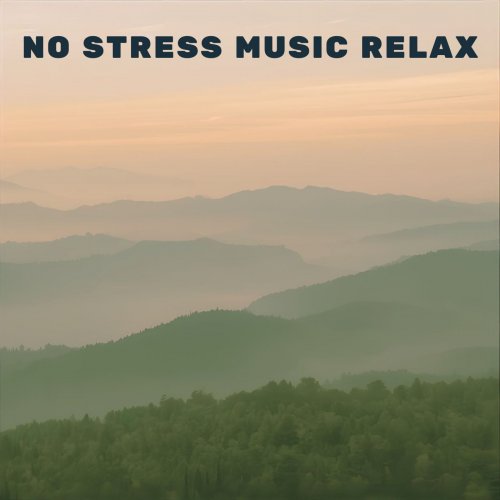
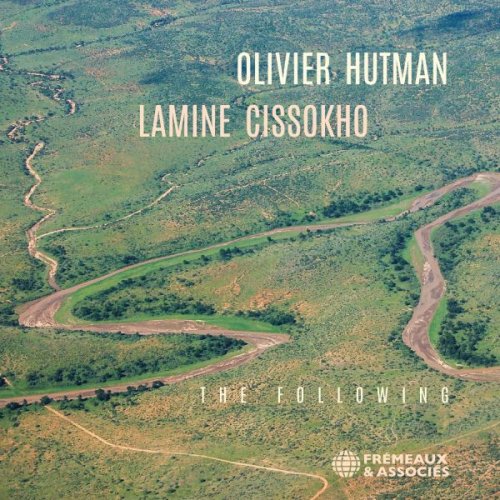
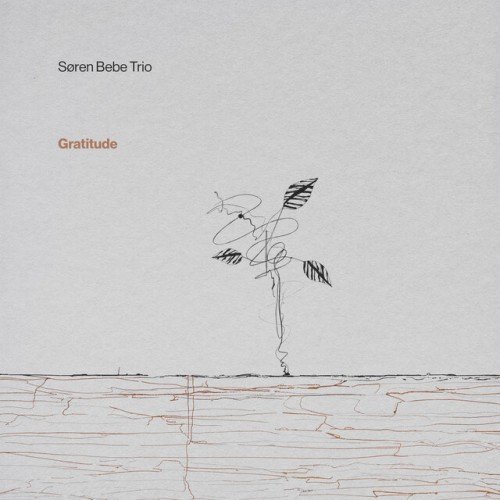
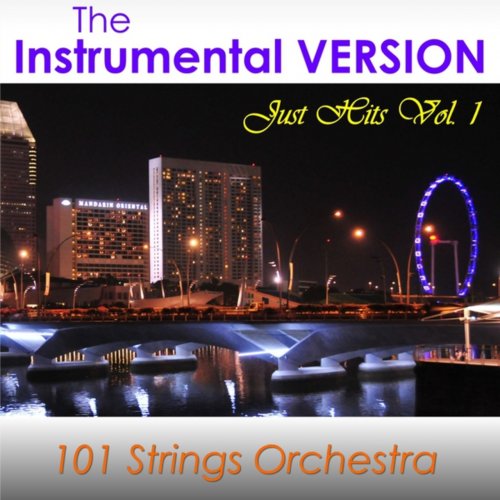
![Asher Gamedze - A Semblance: Of Return (2026) [Hi-Res] Asher Gamedze - A Semblance: Of Return (2026) [Hi-Res]](https://www.dibpic.com/uploads/posts/2026-02/1772032727_a2374104512_10.jpg)
![Various Artists - Lost Tracks: Accra to Addis (2026) [Hi-Res] Various Artists - Lost Tracks: Accra to Addis (2026) [Hi-Res]](https://img.israbox.com/img/2026-02/26/lqvyrzr9f9yed5j0r3zv7c1r6.jpg)
